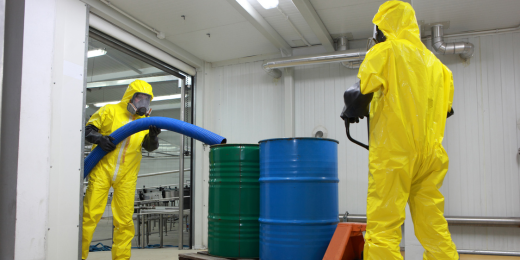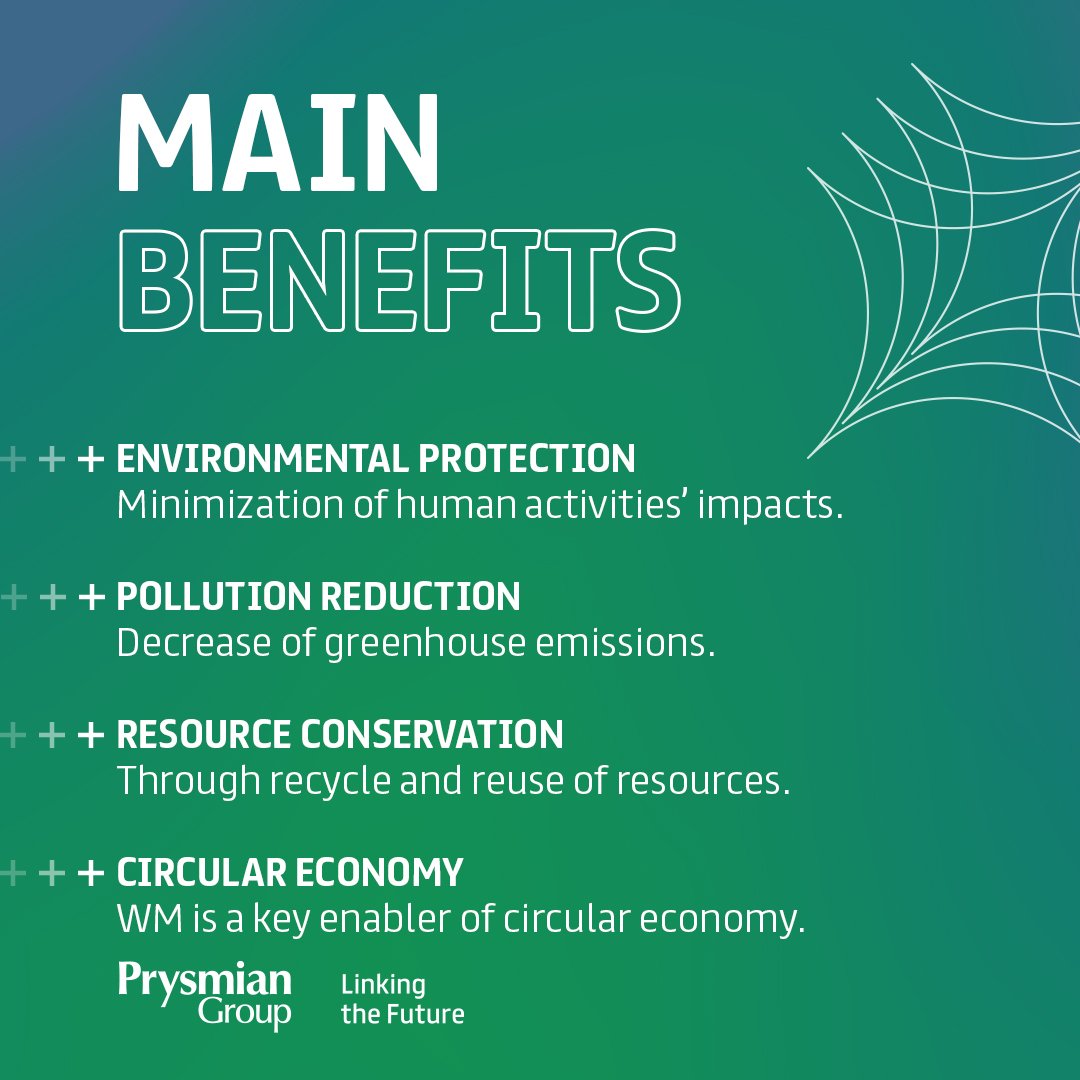The Reclaim Waste Ideas
The Reclaim Waste Ideas
Blog Article
All About Reclaim Waste
Table of ContentsExcitement About Reclaim WasteOur Reclaim Waste StatementsThe 45-Second Trick For Reclaim WasteA Biased View of Reclaim WasteWhat Does Reclaim Waste Mean?
Discover the types, incidents, and forms of fluid waste. Residential sewer waste refers to the waste and items from a property septic container. This kind of waste is developed by humans in homes, institutions, and various other structures. This only includes septic storage tanks that have a drain area. The correct monitoring and disposal of residential sewage waste need fluid waste to be moved to a sewage therapy plant where the appropriate methods and equipment are put on purify and deal with waste.
Commercial waste typically includes prospective threats, such as flammable materials or a combination of fluid and solid waste products, and needs an advanced and detailed disposal procedure. The disposal of commercial waste normally entails the filtration of waste before transport to make certain safe and appropriate disposal. Hazardous waste is developed from results and runoff of industrial processes and manufacturing.
This sort of waste can not make use of the same sewage administration transportation or procedures as septic or business fluids. The commercial waste monitoring procedure requires the inspection and screening of fluid waste prior to it undertakes the disposal process (liquid waste disposal). Drainage waste is the fluid waste that originates from drainage and excess stormwater in very booming locations or cities
Runoff waste can create contamination and flooding if not managed appropriately. Making sure proper waste management can protect against catastrophes and decrease ecological damage.
Reclaim Waste Things To Know Before You Buy
Call PROS Solutions today to find out about our waste monitoring and disposal services and the appropriate ways to take care of the fluid waste you create.
(https://www.domestika.org/en/reclaimwaste1)Do you recognize what occurs to your water when you end, purge the toilet or drain pipes the washing machine? No? Well, it deserves understanding. This supposed 'wastewater' is not only a vital source yet, after treatment, will be launched to our land, rivers or the ocean. Made use of water from bathrooms, showers, bathrooms, kitchen area sinks, laundries and industrial procedures is referred to as wastewater.

water made use of to cool equipment or clean plant and tools). Stormwater, a type of wastewater, is drainage that flows from agricultural and city areas such as roofings, parks, yards, roads, paths and seamless gutters right into stormwater drains, after rainfall. Stormwater moves neglected straight to neighborhood creeks or rivers, eventually getting to the sea.
How Reclaim Waste can Save You Time, Stress, and Money.
In Queensland, the majority of wastewater is dealt with at sewer treatment plants. Wastewater is moved from residential or commercial websites via a system of sewage systems and pump terminals, called sewerage reticulation, to a sewer therapy plant. Neighborhood governments construct, keep and run most sewer therapy plants. Operators are certified under the Environmental Management Act 1994 to discharge treated wastewater at an acceptable ecological criterion right into rivers.
The Division of Natural Resources encourages city governments about handling, operating and preserving sewerage systems and therapy plants. In unsewered locations, regional governments might need homeowners to install specific or family sewage treatment systems to treat residential wastewater from bathrooms, kitchen areas, restrooms and washings. The Division of Natural Resources authorises making use of family systems when they are shown to be reliable.
Many stormwater gets no treatment. In some brand-new neighborhoods, therapy of some stormwater to eliminate litter, sand and crushed rock has started utilizing gross toxin traps. Wastewater therapy happens in four stages: Gets rid of solid issue. Larger solids, such as plastics and various other objects mistakenly discharged to sewage systems, are eliminated when wastewater is travelled through displays.
Uses tiny living organisms recognizes as micro-organisms to break down and eliminate continuing to be liquified wastes and great particles. Micro-organisms and wastes are integrated in the sludge.
Getting The Reclaim Waste To Work
Nutrient elimination is not offered at all sewage therapy plants due to the fact that it calls for costly specialist equipment. Clear liquid effluent generated after therapy may still contain disease-causing micro-organisms - liquid waste removal melbourne.

This typically means wastewater has actually to be dealt with or impurities removed prior to it can be discharged to waterways. The majority of wastewater streams into the sewage system. Under the Act, regional governments carry out approvals and permits for ecologically relevant tasks (Ages) involving wastewater launches that might have a neighborhood effect. The division provides approvals and permits to ERAs entailing wastewater releases that could have a regional or statewide influence.
The 2-Minute Rule for Reclaim Waste
Surveillance gives valid details concerning water top quality and can validate that permit conditions are being satisfied. The info acquired through monitoring provides the basis for making water quality choices.
Report this page